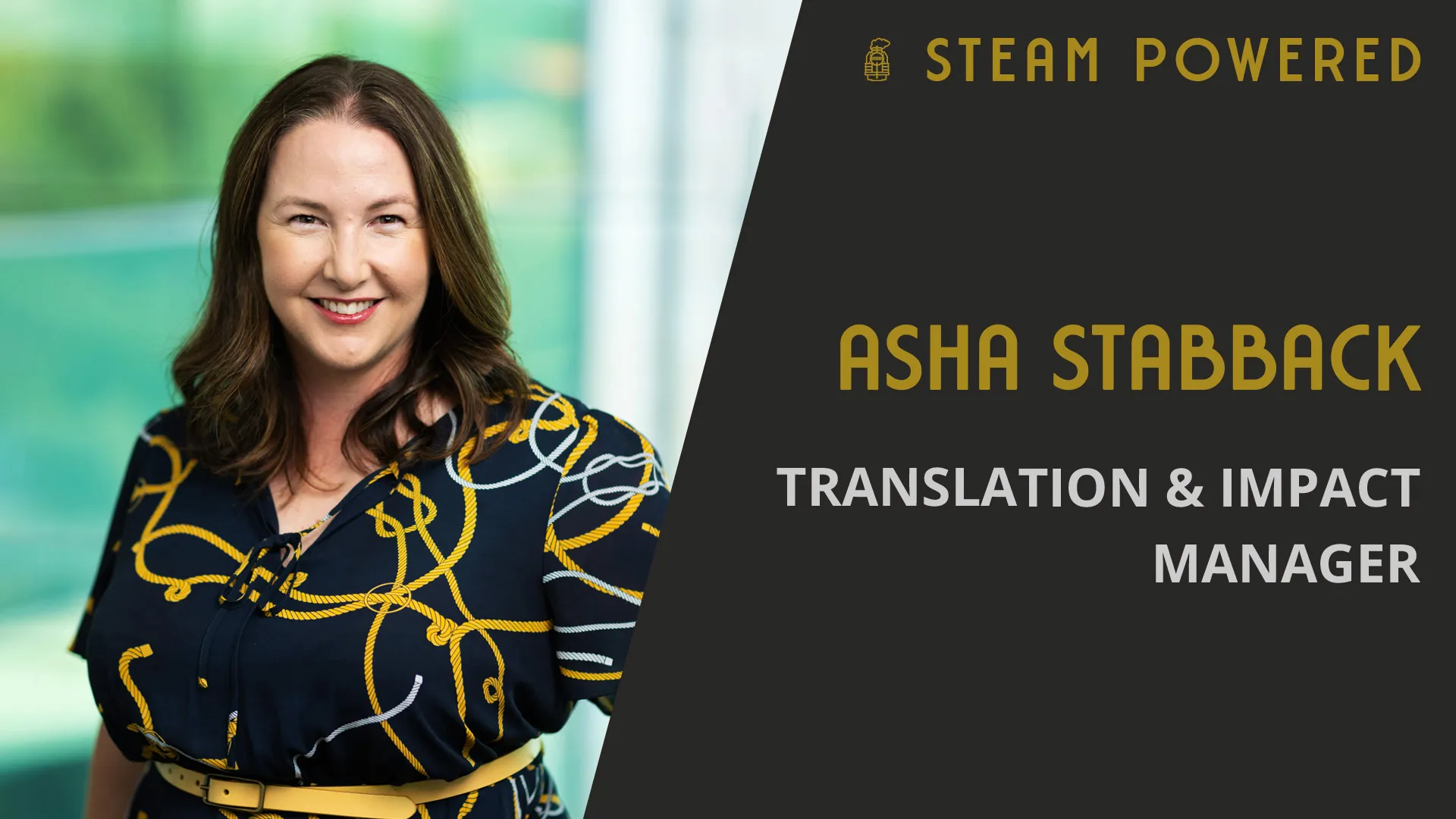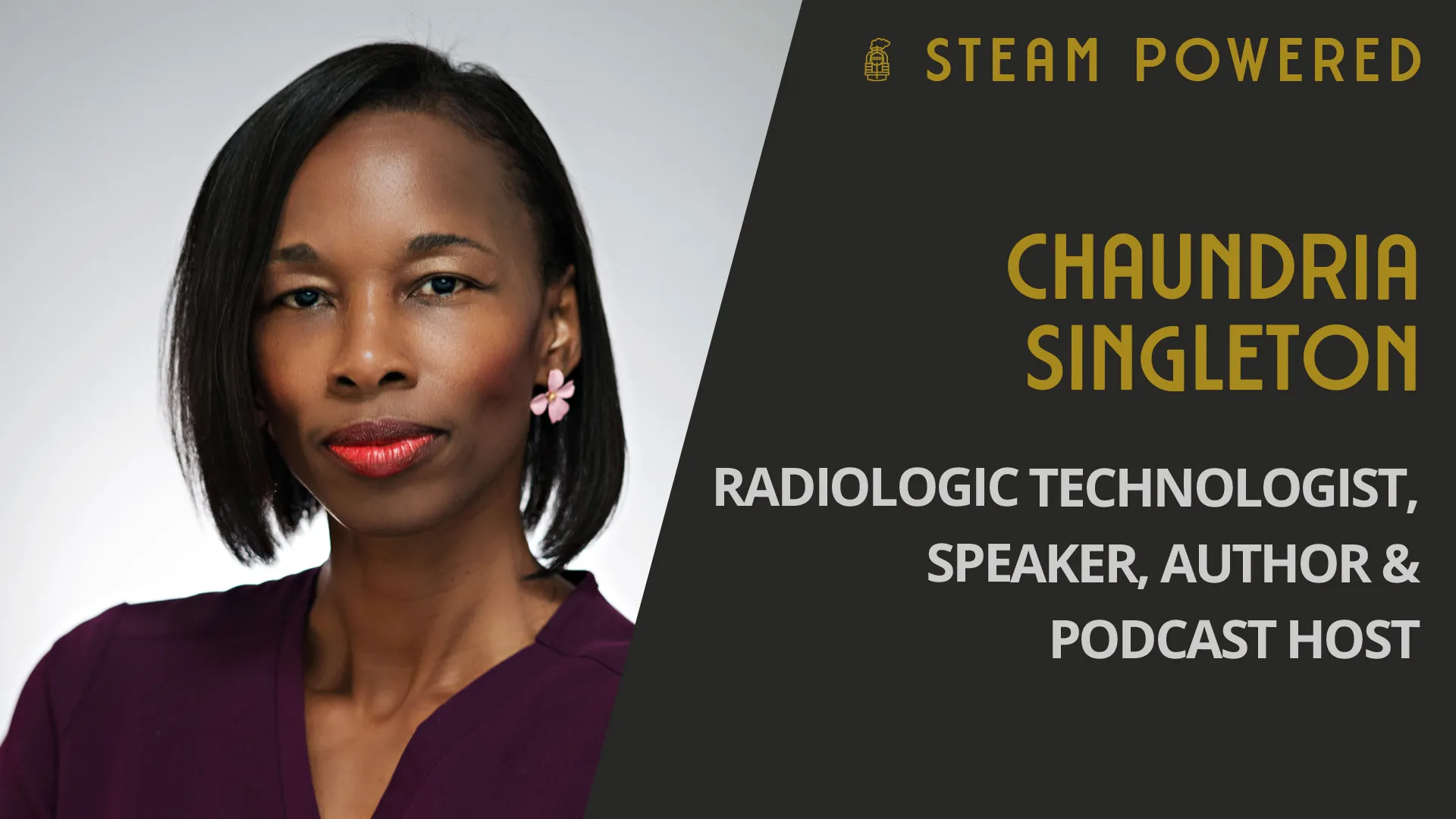The justice system and community health with Dr Hayley Passmore
The justice system is part of community health with more overlap than one might expect. So just as we've done with healthcare, how can we shift our approach in justice settings to be more preventative and proactive rather than reactive? It starts with support. Not only for the justice-involved, but for those providing support on the front-line as well.
Dr Hayley Passmore is a Lecturer in Criminology at the University of Western Australia Law School and a justice health researcher. Join us as we speak about Hayley's journey to justice health, reframing how we support youth and neurodisability in our communities, and how these human-centred approaches create better outcomes for everyone.
About Dr Hayley Passmore
Dr Hayley Passmore (she/her) is based in Boorloo (Perth) on Whadjuk Noongar land. She is a Lecturer in Criminology at the University of Western Australia Law School and a justice health researcher. She is also an independent panel member on the ACT Government’s Therapeutic Support Panel - an Australian-first initiative as part of ACT’s move to raise the minimum age of criminology responsibility.
Hayley has qualifications in child health, criminology and psychology, and over 13 years experience working in adult corrections and youth justice facilities. In 2019, she completed her PhD focusing on the workforce development component of the internationally recognised Banksia Hill Detention Centre study; the first Australian study to explore the prevalence of Fetal Alcohol Spectrum Disorder among justice-involved young people. Hayley pioneered Reframe Training; an evidence-based program educating frontline staff on the management and support of young people with neurodisability which has been delivered in the Northern Territory, Queensland, South Australia, and Western Australia. Hayley has received international recognition for her research and its impact, including receiving a Churchill Fellowship completed in 2023, being named a 2021 AMP Foundation Tomorrow Maker and a 2022 WA Finalist for Young Australian of the Year.
- UWA Profile: https://research-repository.uwa.edu.au/en/persons/hayley-passmore-2
- LinkedIn: https://www.linkedin.com/in/hayleympassmore
Listen to the Podcast
Listen on Apple Podcasts, Spotify, iHeartRadio, Amazon Music, Castbox, Deezer, Goodpods, Overcast, Pocket Casts, TuneIn, Blubrry, Podcast Addict, Podchaser, JioSaavn, RSS , and other podcast platforms.
Watch on YouTube
- [00:00:05] Hayley's journey stemming from an interest in law enforcement.
- [00:02:54] An unexpected entry into the health space.
- [00:04:16] The broad impact of health in society.
- [00:05:37] The need to recognise and support neurodisability earlier in development.
- [00:06:52] The prevalence of neurodisability in the justice system.
- [00:07:24] Root causes and what early intervention through meeting needs can look like.
- [00:10:28] The benefits of justice reinvestment models.
- [00:11:12] Tailoring for communities with proactive and not punitive methods.
- [00:11:57] Giving people choices and alternatives but also recognising the privilege and systemic bias that can hinder them.
- [00:14:18] Reframe Training
- [00:18:46] Filling the gaps in knowledge and training.
- [00:19:53] The unsupported overlap between justice and community health.
- [00:23:03] Making space for questions to cultivate understanding.
- [00:24:30] Recognising and sharing the ways supports and accommodations are being made in different spaces.
- [00:26:33] Ensuring people are equipped for their roles in consultation with those who will be supported.
- [00:28:34] Evolution of policy and practice as a result of the research.
- [00:31:47] Prison health is public health.
- [00:33:51] Economic and not just moral benefits to being proactive.
- [00:35:24] Stay curious and critical of political and media messaging around crime and punitive measures.
- [00:36:56] Ways to stay independently informed.
- [00:37:50] Being mindful of sensationalism and rhetoric that obscures the reality.
- [00:39:51] What advice would you give someone who would like to do what you do, and what should they ignore?
- [00:40:56] Systemic change takes time. Don't get disillusioned and celebrate the wins.
- [00:43:23] Support and education have always been part of indigenous culture.
- [00:44:46] How to find out more.
Connect with Us
- @steampoweredshow
- @steampoweredshw
- @steampoweredshow
- @steampoweredshow
- @steampoweredshow
- @steampoweredshow
- steampoweredshow
Support STEAM Powered
Review Us
Please leave us a review on Apple Podcasts, Spotify, GoodPods, Podchaser, or your preferred podcatcher.
Become a Patron
Affiliate Programs
Start your own podcast or YouTube channel, or run panels and seminars with
Riverside.fm. Record up to 8
people in a session with up to 1000 audience members. You can record in advance
as I do, or you can livestream with the option to send it straight to Facebook,
Youtube, Twitter, or Twitch. There’s even a green-room for guests and live call
in for audience members. Afterwards, get separate video (up to 4K) and audio (up
to 48kHz) tracks per recorded participant for editing, none of that “active
speaker only” limitation. You know you’re in good hands with a service whose
client-base includes some heavy-hitters. Check out
Riverside.fm to see who else is on
board. Use promo code STEAM25 to get 25% off the first three months of your
subscription.
Music is “Gypsy Jazz in Paris 1935” by Brett Van Donsel.

